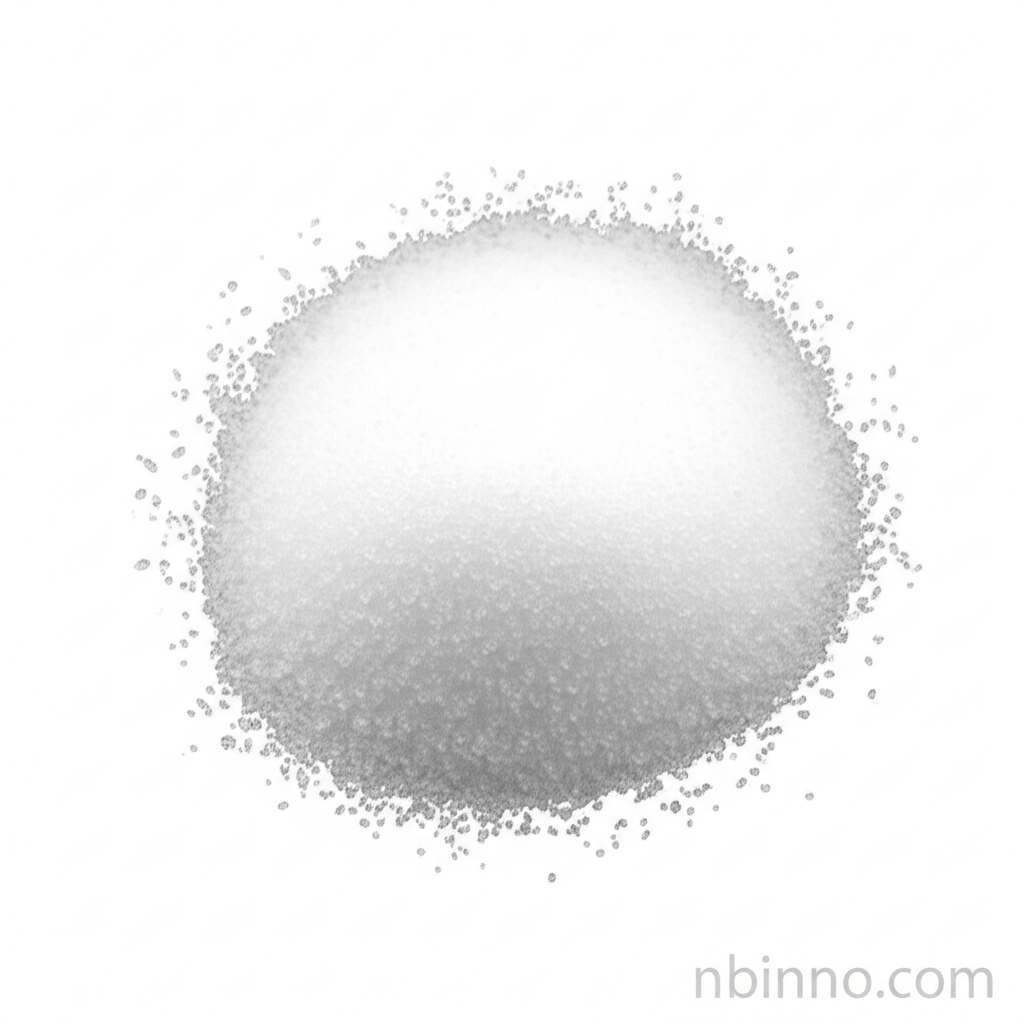High-Purity Dicyclohexylcarbodiimide (DCC): Synthesis, Applications, and Supplier Information
Discover the critical role of Dicyclohexylcarbodiimide (DCC) in modern organic synthesis. As a leading manufacturer and supplier, we provide insights into its chemical properties, diverse applications, and the benefits of sourcing high-quality DCC for your critical projects.
Get a Quote & SampleUnlock Your Synthesis Potential with DCC

Dicyclohexylcarbodiimide (DCC)
As a premier manufacturer and supplier of Dicyclohexylcarbodiimide in China, we offer a highly pure product essential for advanced chemical synthesis. Our DCC is instrumental in facilitating amide and peptide bond formation, acting as an effective dehydrating agent to drive reactions like esterification and oxidation. We ensure a stable supply chain and competitive pricing for bulk purchases.
- Efficient Peptide Synthesis: Leverage DCC as a key coupling reagent to buy high purity dichlormid for complex peptide chain assembly.
- Versatile Dehydrating Agent: Explore the utility of our Dicyclohexylcarbodiimide price for creating amides, esters, and anhydrides with high yields.
- Reliable Organic Synthesis Intermediate: Procure Dicyclohexylcarbodiimide from a trusted supplier in China for consistent performance in diverse organic reactions.
- Product Purity Assurance: Benefit from our stringent quality control, ensuring the 99% purity of Dicyclohexylcarbodiimide for sensitive applications.
Key Advantages of Our Dicyclohexylcarbodiimide
Superior Coupling Efficiency
Our Dicyclohexylcarbodiimide is expertly manufactured to provide exceptional efficiency in forming amide and peptide bonds, a critical factor for researchers looking to buy this reagent for drug discovery and development.
Facilitates Complex Reactions
As a potent dehydrating agent, DCC enables reactions like esterification and the Moffatt oxidation, making it an indispensable tool for organic synthesis. We are a go-to supplier for your Dicyclohexylcarbodiimide needs.
Ease of Product Separation
The byproduct of DCC-mediated reactions, dicyclohexylurea (DCU), is largely insoluble in organic solvents, simplifying product isolation and purification for manufacturers and R&D scientists.
Applications of Dicyclohexylcarbodiimide (DCC)
Peptide Synthesis
DCC is a cornerstone reagent for activating carboxyl groups in amino acids, facilitating the formation of peptide bonds. Many labs purchase DCC for the synthesis of therapeutic peptides.
Amide and Ester Formation
It serves as a crucial dehydrating agent for synthesizing amides and esters from carboxylic acids and amines/alcohols, respectively. Finding a reliable supplier of Dicyclohexylcarbodiimide is key for consistent production.
Oxidation Reactions
In combination with DMSO, DCC is used in the Moffatt oxidation to convert alcohols into aldehydes and ketones under mild conditions.
Synthesis of Anhydrides and Nitriles
DCC is also employed in the preparation of acid anhydrides and nitriles, broadening its applicability in chemical manufacturing and research.
